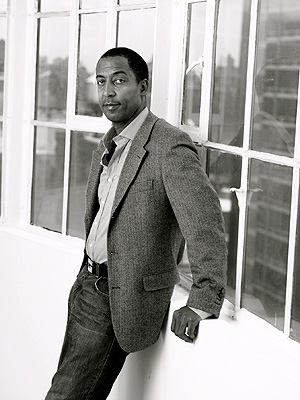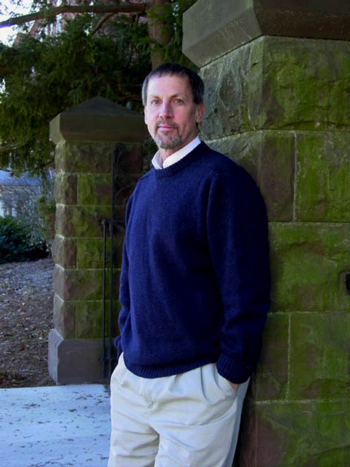By now, I’m sure most of you have read Anis Shivani’s attack on what he calls the fifteen most overrated writers in America. Many writers have already spoken out about how useless such a list is. But I’m not posting to rebuke Shivani’s efforts. What I’m interested in is the way writers have rallied in the days after Shivani’s post to generate lists of their favorite underrated writers. I’m not one to take stock in lists, but there are a few underrated writers I’d like to call attention to. In an article on literary citizenship, Blake Butler writes about the importance of promoting writers you truly care about, and that’s exactly what I intend to do here. The writers that follow aren’t the three most underrated writers in America, but they are deserving of your attention. They have work that begs to be recognized.
I first came across Trey Ellis during the height of my blind adoration for all things realist and an illogical hatred of anything meta or experimental. His 1989 novel, Platitudes, is a meta masterpiece that completely shook up my way of thinking. Platitudes begins with an Oscar Wao-esque narrative about African American nerds growing up in New York City. But a few chapters in, Ellis pulls back the curtain and introduces the writer Dewayne who is composing the aforementioned  coming of age tale. Dewayne encounters Isshee, a supermarket paperback writer, and the two exchange chapters back and forth, writing and rewriting conflicting versions of the story. Graceful and clever, Platitudes is a novel that absolutely must be read by anyone with an interest in the experimental, but I don’t hear Ellis’ name thrown around with the likes of Jonathan Lethem or A.M. Homes. Maybe it’s because Ellis has only written three other books. Maybe it’s because he’s devoted part of his career to screenplays. Regardless, you owe it to yourself to read Platitudes if you haven’t already.
Jennifer Haigh might seem like an odd choice for an underrated writers list. She graduated from the Iowa Writers Workshop, and her three novels have all sold extremely well. But there seems to be some lingering assumption that Haigh isn’t literary enough to warrant inclusion in the new pantheon of up and coming young novelists. I’d have to vehemently disagree. Mrs. Kimble is a fantastic debut novel, but Baker Towers is a perfect rendition of the sprawling town novel in the vein of Richard Russo. Baker Towers chronicles the saga of a small Pennsylvania mine town over multiple decades and the plight of the rust belt working class. Haigh is both lyrical and sympathetic and a fantastic counterpoint to the recent trend of futuristic New York novels (not to say I don’t like those too). In many ways, Haigh is a throwback, a return to the days of Mason and Dubus and Carver, of realism and hardscrabble lives.
I find myself often singing the praises of Gary Fincke, but it’s hard not to when you consider that the man has consistently published fiction, poetry and creative nonfiction in the very best journals since the 1980’s. As I said in my review, Fincke has written nearly twenty books across the genres over the years and was awarded the Flannery O’ Connor Award in 2003. Yet much like Ellis and Haigh, Fincke is a writer I rarely hear referenced in literary discussions. Gary Fincke is a writer’s writer in much the way Richard Yates was before Stewart O’ Nan championed his work. Writers who have read Fincke love him, but he doesn’t have as big of a name as some of his contemporaries and may have suffered for producing his best work at a time when domestic realism was not at its most in vogue. Like Haigh, Fincke is a chronicler of the working class, of broken dreams, of disappointments. His collection Sorry I Worried You can stand toe to toe with the very best short story collections of the decade. Like all the writers mentioned here, Gary Fincke deserves to be read.
![[PANK]](https://pankmagazine.com/wp-content/themes/pank/assets/images/pank-logo-large.png)



